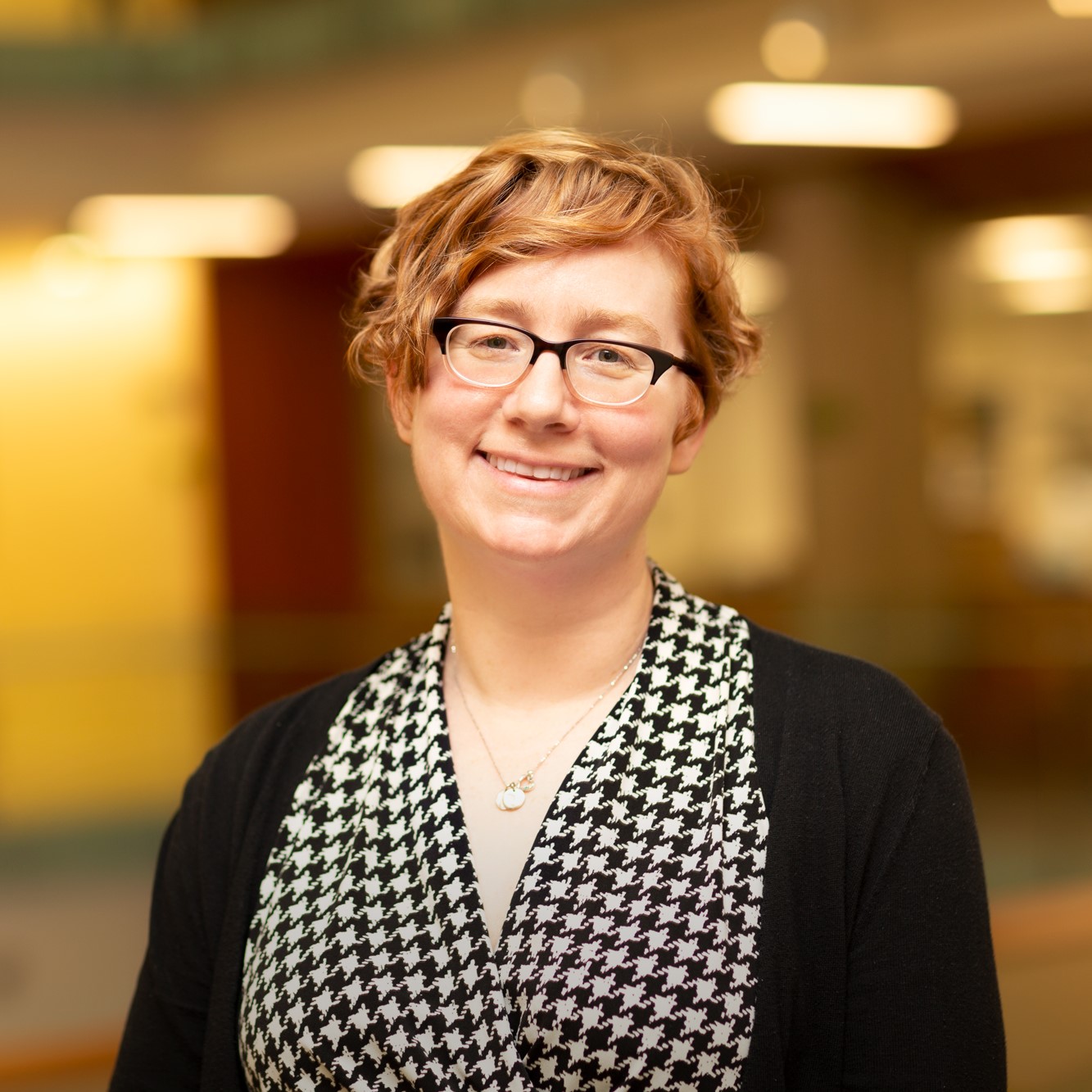

Rachel Tompa (left) and Diya Dwarakanath (right)
The Northwest Science Writers Association is pleased to announce the winners of the 2023 Career Development Awards.
Rachel Tompa is an award-winning science and health writer, editor, and podcaster. A molecular biologist turned writer, she’s been telling science stories since 2007. She spent 15 years working as an institutional writer and editor, translating the complex science of a cancer center and of a life sciences research nonprofit into engaging stories, and is now a freelance writer and editor. Rachel has a Ph.D. in molecular biology from the University of California, San Francisco, and a graduate certificate in science communication from the University of California, Santa Cruz. She lives in Seattle.
Diya Dwarakanath is an experienced biomedical engineer turned rookie freelance science journalist. She began this journey in 2023. Diya writes insightful stories about engineering, technology, healthcare, STEM outreach and mentoring, and more. In her spare time, she volunteers on the Mentoring Committee and Editorial Board of the Society of Women Engineers. She also blogs while waiting patiently for the sun in Portland, Oregon. Read her published work at https://diyawrites.com
Both elected to use the grant to attend this year’s ScienceWriters2023 conference in Boulder, Colorado.
Image of Tompa credited to Erik Dinnel.

Two Days in the Life of a First-time Conference Attendee
Diya Dwarakanath
The crisp, high-altitude Boulder air greeted conference goers as they entered Science Writers 2023. Nervous first-time attendees felt prepared because of the previous week’s helpful virtual conference.
Highlights from Conference Sessions
Sunday
- The evening ended with the highly anticipated Science Writers for Hire networking for freelance writers and hiring editors. One lesson learned was to ask about each publication’s voice, topics of interest, and pitching guidelines because they vary.
Monday
- The plenary opened attendees’ eyes to the current state of Indigenous media and challenges to an independent press among First Nations. Panelist Francine Compton noted, “Before we start sending people out on assignments, we want to make sure they’re trained, they’re equipped, and that there is a safety plan” for Native journalists’ safety.
- In One Plastic, attendees learned the importance of evaluating the entire closed-loop recycling system, not just a few metrics, when trying to solve the challenge of recycling plastics. Speaker Gregg Beckham also cautioned that “Wishcycling makes everything harder,” i.e. don’t recycle non-recyclables.
- During the group mentoring session, rookie freelancers heard a universal take-away from David Ehrenstein, the Physics magazine editor, and Victoria Jaggard, The Washington Post science editor. A pitch must answer these questions: “Why now [is it timely]? Why us [does it fit this publication]? Why should readers care?” explained Jaggard.
- For a science journalist newcomer, the Toxic Train session illuminated challenges in journalism, such as investigating a public health issue unfolding in real-time. Panelist Stephanie Czekalinski reflected that one lesson learned on increasing public trust was to “let them [locals in the community] hear us ask the question and them [a government official] not answer it.” This approach was more effective than a statement saying that somebody declined to answer.

Tuesday
- The field trip to Atom Computing, a quantum computer start-up, was an invigorating learning experience. Attendees saw the literal black box that housed the prototype computer and heard about Atom Computing’s crucial scalability advantage. “We can increase the number of qubits [processing power] but the footprint [physical machine size] won’t change,” explained Remy Notermans, Director of Strategic Planning. The quantum computer “will be commercial by the end of 2024,” said Justin Ging, Chief Product Officer. Initial clients will be research labs, which made the ambitious timeline feasible.
Highlights Beyond Conference Sessions
One highlight was dinner with other attendees at Dushanbe Teahouse. Originally in sister city Dushanbe, Tajikistan, the building was shipped and reassembled into a teahouse in Boulder. Amidst the gorgeous architecture, everyone around the table joined in the conversation. It was a privilege to talk to experienced science communicators. The rookie gleaned answers to questions that had never occurred to them.
First-time attendees learned the most by not trying to attend every session. Instead, it was fun and valuable to make time to meet people over food or coffee.
Summary
It was strange to simultaneously be an experienced working professional from a different industry but a rookie freelancer. The advice sounded familiar, but it was applied in a different context. The conference made this transition easier by providing valuable exposure to science journalism and meeting other writers with varied backgrounds. Learning and practicing the jargon (journalist vs. communicator, freelancer vs. employed at an institution, etc.) during each iteration of the “who I am” intro brought goals into focus.
The incredibly friendly and helpful community made the conference energizing and uplifting. The NSWA Career Development Award enabled this experience by covering hotel and airfare costs and over 90% of conference registration.
The conference and the NSWA Award kicked off a new adventure.
